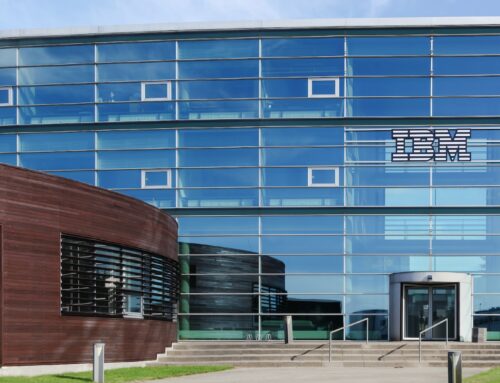Why Warren Buffet Eschewed Sports During Famed Investment Career
May 4, 2025
Warren Buffett surprised shareholders Saturday at Berkshire Hathaway’s annual meeting when he announced he would step down as CEO of the conglomerate at year end and ask the board to have Greg Abel replace him.
Since 2021, Abel, who is the vice chairman of non-insurance operations for Berkshire, has been designated as the CEO successor for Buffett, who turns 95 in August.
The Oracle of Omaha is arguably the most famous and one of the most successful investors of all time and worth $168 billion, according to Forbes, despite giving away $62 billion to charity. Yet, Buffett basically avoided one of the best-performing asset classes of the past 30 years: sports teams.
“If you read that either one of us is buying a sports team, it may be time to talk about successors,” Buffett said at Berkshire’s 2014 meeting, reflecting how he and his longtime right-hand Charlie Munger think about it. Buffett then asked Munger, who lived in Los Angeles, if he was interested in buying the Los Angeles Clippers who were for sale at the time after Donald Sterling was banned from the NBA after private recordings emerged of him making racist comments.
“Whatever Warren thinks about sports teams ownership,” Munger said. “I like it less.”
Sports teams, of course, have appreciated massively over the past 30 years. The average NBA and NFL team is up about 13% annually, while MLB and NHL are both roughly 11.5%. The S&P 500 appreciated 8.8%, or 10.8% with dividends reinvested.
Buffett has been a staunch believer in a value-based investing model, focused on companies with solid fundamentals and cash flow. Those have not historically been the financial characteristics of sports teams, which typically lost money on an annual basis before recent revenue gains and more owner-friendly CBAs improved profitability. Sports teams owners cashed in when they sold the assets at significant gains.
“There’s a psychic income to many people in owning sports teams,” Buffett said at his 2008 meeting when asked about buying the Chicago Cubs, who were on the market. “It makes them famous. Maybe not in the way they anticipated when they bought the team, but … it is a way to instant celebrity and recognition and all that. And as long as we live in a society where people have loads and loads of money, a certain percentage of people are going to want to become known for the fact that they have done very well in life, and a sports team is certainly one way of doing it.”
Buffett said he wouldn’t buy the Cubs at $700 million. In 2009, the Ricketts family bought the team, Wrigley Field, and 25% stake in Comcast SportsNet Chicago out of bankruptcy for $845 million. In March, the Cubs were valued at $5.69 billion in Sportico’s MLB team valuations, fourth highest in baseball.
Buffett has owned tiny stakes in sports franchises during his career. In 1991, he bought a 25% stake in his local minor league baseball team, the Omaha Storm Chasers, who are the Triple-A affiliate of the Kansas City Royals. The deal valued the team at $5 million. Buffett sold his stake in 2012.
In 2023, Buffett acquired shares in the Atlanta Braves. He had been a longtime holder of Liberty Media and its Formula 1 subsidiary, which were both publicly traded. The Braves are also owned by Liberty, and Buffett got his MLB shares through a non-cash dividend for Formula 1 stockholders.
Berkshire’s current stock portfolio is worth $277 billion, according to CNBC’s Berkshire tracker. Apple is the largest position at $62 billion. The F1 stake is worth $622 million, and the Braves are the firm’s second smallest holding at $9 million.
Search
RECENT PRESS RELEASES
Related Post




